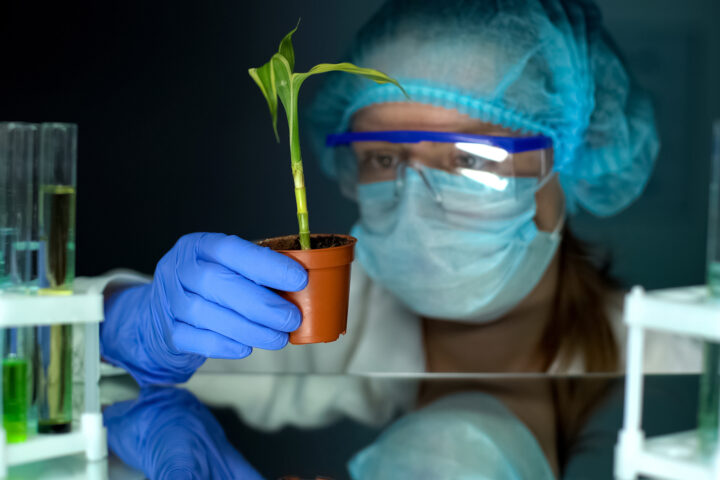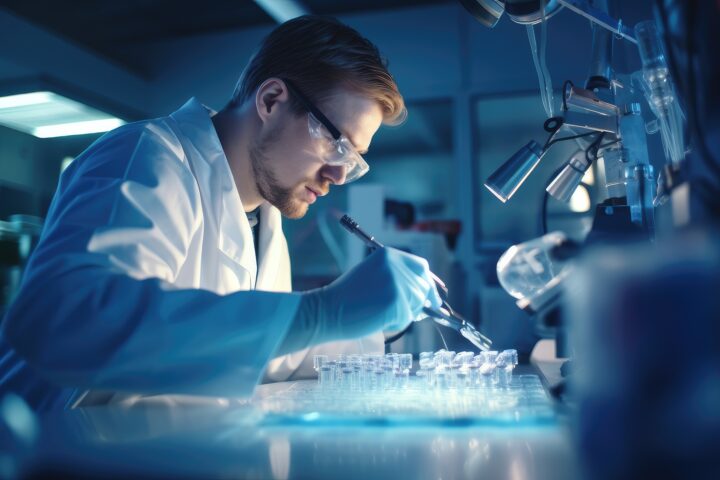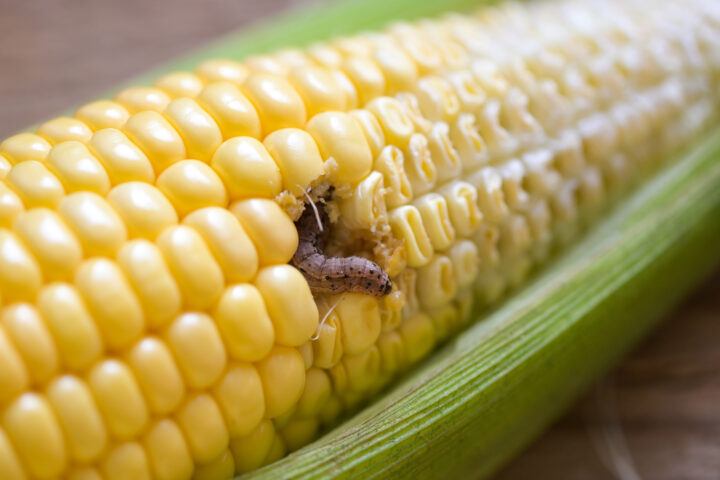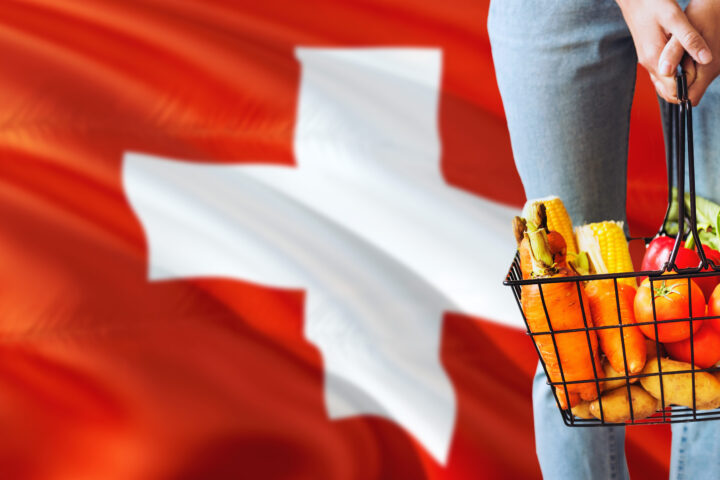
When panic collides with knowledge
Chemophobia is the scientific term. And it refers to a panicky fear of chemicals. In contrast, the natural world is seen as the source of all good things. From a scientific point of view, this simplified view is nonsense. Synthetic is not synonymous with toxic, as laypeople often think. The dose is decisive for the toxicity of both natural and synthetic substances.
Friday, January 24, 2020
The most important facts in brief:
- Chemophobia refers to a panicky fear of chemicals.
- Natural substances are automatically ascribed good properties, while anything synthesised is seen as harmful or unhealthy.
- The fear of chemistry can be reduced with scientific knowledge.
Natural is healthy. Chemicals make you ill. This is the simple denominator that has become stubbornly anchored in our social consciousness, reflected thousands of times by marketing and half-knowledge. This view completely disregards the dose, as ETH researcher Michael Siegrist says. «The idea that something can be contaminated and harmless at the same time goes completely against the grain for laypeople.» In the western world, a view has become established that nature poses no danger, that everything natural is healthy. This is due to the fact that nature has been pushed back further and further over the last 150 years. «150 years ago, people died from food because they had to eat spoilt food», says Siegrist.
Chemophobia is widespread
As Siegrist's research shows, people who understand chemical relationships better are less afraid of chemicals. In fact, laypeople often believe that whether a substance is of synthetic or natural origin is decisive for its toxicity. However, this is not the case. Synthetic is not a synonym for «toxic». The dose is decisive for the toxicity to humans of both natural and synthetic substances. Paracelsus already knew this: «The quantity makes the poison». If you know these connections, you are better armed against chemophobia. The best remedy against the panic fear of chemicals is knowledge.
Combating chemophobia
Chemophobia can be combated with chemical knowledge: the greater the dose of chemical knowledge, the smaller the panic fear of chemicals. In this respect, chemophobia is the reverse of toxicology. The larger the dose, the more toxic.
Sources
Kindly note:
We, a non-native editorial team value clear and faultless communication. At times we have to prioritize speed over perfection, utilizing tools, that are still learning.
We are deepL sorry for any observed stylistic or spelling errors.
Related articles

Synthetic corp protection products
All corp protection products that are produced by synthesis are also synthetic. Synthesis is the process by which a compound is produced from elements or a compounded new substance is produced from simply constructed compounds. Active substances that are produced synthetically can, however, be identical to nature in their effect.

Synthetic has many benefits
Synthetic pesticides are often automatically viewed as problematic compared with natural pesticides. But this is a misconception. It is not possible to make any general statements about toxicity based on the production method alone.

Using Crispr to combat climate change
In the Tages-Anzeiger newspaper, Nobel Prize winner Jennifer Doudna talks about the opportunities and risks of gene scissors. The tool can be used to specifically treat hereditary diseases, breed drought-tolerant plants and reduce greenhouse gas emis-sions from cows.

Anxious sweat as a cry for help
Plants live dangerously. They are surrounded by predators. But they are not completely at their mercy. Decades of research have shown this. For example, plants emit odours when attacked. This realisation could lead to new strategies for plant protection. However, it is still uncertain whether this will ever lead to a widely used product.

It pays to take a closer look
Pesticides are to blame for an increase in brain tumours in children in the Zürcher Weinland and the Bernese Seeland, according to a study carried out three years ago. Experts commissioned by the federal government have now come to a different conclusion: the results could also have been accidental.

Global events require adjustments
The Swiss want as much local food as possible on their plates. A desire that is becoming increasingly difficult to fulfil. Farmers are finding it increasingly difficult to protect their harvests. No wonder the level of self-sufficiency is falling.

